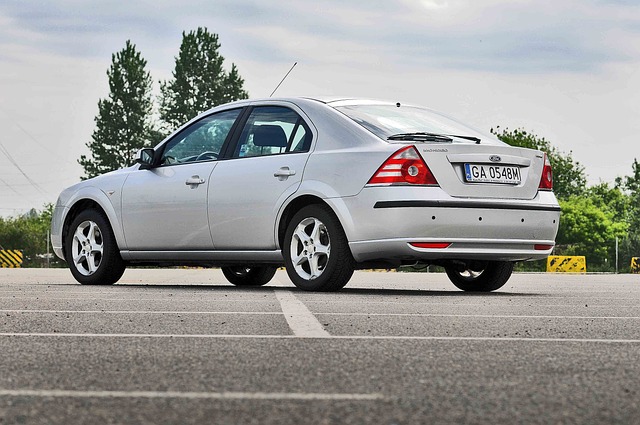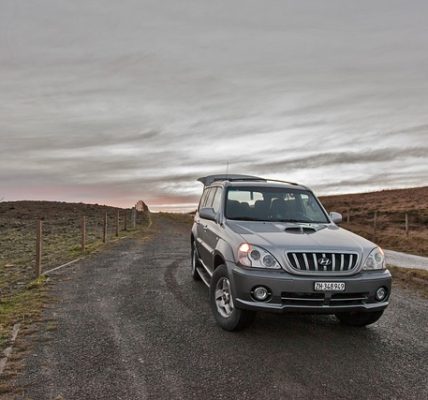
Purchasing your first vehicle is a big moment. It doesn’t matter if you’ve been saving up, taken a loan, or dad and mum have come through and facilitated the undertaking, it’s definitely a feeling you’ll live to remember.
Given that it will be your first automobile, it’s crucial that you make all the right decisions, and this read aims at guiding you through the different aspects of the purchase process. Don’t flush your money down the drain, instead follow these tips.
Setting your budget
It’s always prudent to have a fixed budget in mind and remain resolute in the range. The enticement can be to have a certain figure in mid and then allow small ‘nice to haves’ to get incorporated along the way. If you’re looking for an affordable economical car, Ford Fiesta MK7 is an excellent choice.
However, you shouldn’t budget for the purchase price alone. Take into account all the running expenses you simply cannot evade. They include costs such as:
- Car insurance – This can be high for greenhorn drivers.
- Road tax – Unless your vehicle has been exempted.
- MOT – According to UK regulations, when you have a vehicle that is over three years, it must be subjected to a yearly MOT evaluation to ascertain its roadworthiness. Any maintenance required to make it roadworthy must be carried out. This can encompass tyres, headlamps, and brakes.
- Fuel – If you want to go anywhere with your vehicle, you’ll have to buy fuel.
Finding your first car
Finding a vehicle in this modern era is relatively easy. You can either head to your local dealership or scour the Internet for new or second-hand vehicles at your leisure.
If you are looking to purchase a used car via a private owner, the Internet can help. AutoTrader has an online catalogue with thousands of vehicles listed, and there are other platforms such as FreeAds and Gum Tree. It may take some time to scour the Internet, however, that’s part of the fun!
Checking things over
If you are purchasing a brand-new vehicle, you will be covered by the law and should have a warranty if things turn upside down. Nevertheless, it’s always wise having a test drive before you get it off the yard. The concept behind this is if you see a ding or scratch when you arrive home, it’s very hard to say the damage didn’t occur. If the vehicle is being home-delivered, most dealers don’t give room for trivial objections if you’re not content with the condition of the vehicle.
Purchasing a used vehicle is far more complicated. You’ll either be purchasing from a private seller or dealer. When you obtain the car from a dealer, you have some degree of protection, while purchasing privately provides cause for concern.
If you are purchasing your car from a dealer, don’t forget: Most second-hand dealers subject their cars to an independent inspection and will be a part of a trade association. This implies that they will adhere to set codes of operation and should ascertain that you are dealing with professionals.
Second-hand car dealers are mandated by UK law to ensure that what they are selling is:
- Of satisfactory quality – The quality of the vehicle is in line with its mileage, model, make, age, etc.
- Fit for purpose – The vehicle is performing as expected.
- Legal to drive – It’s against the law to sell a vehicle to somebody knowing it doesn’t satisfy legal caveats.
- Matches its description – If the advertisement said the car had certain features, it must come as described. If things are missing or not operating, then the dealer has breached the Sale of Goods Act.

